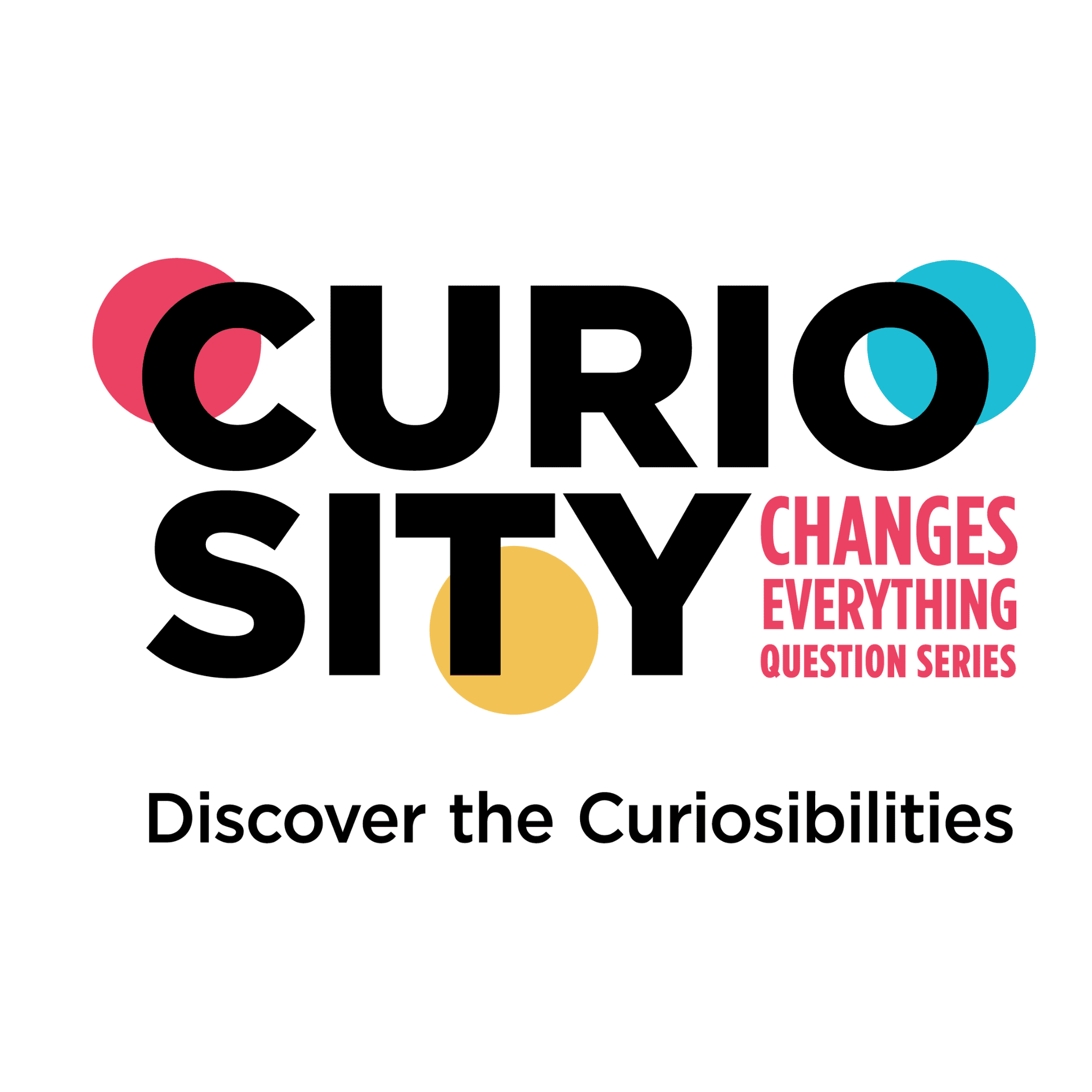Episode 3: Jean-Philippe Courtois & Michael Bungay Stanier Speak to Leadership Vulnerability
category: Leadership
If we say yes to leadership vulnerability, what do we have to say no to?
Our third episode features Jean-Philippe Courtois and our very own Michael Bungay Stanier - who keep it real!
- Aside from his work with Microsoft, Jean-Philippe is a co-founder of Live For Good, which helps unleash the potential of young people from all walks of life through social entrepreneurship and accelerate positive innovation in a committed community.
- You definitely want to check out what Michael is doing over at MBS.works. You can find out about Michael's current projects and access a ton of resources.
Full Transcript
Jean-Philippe Courtois:
Vulnerability as a leader is something that I have had to learn and work on. Being more open with my thoughts and emotions, no longer separating my work and home selves. Being more personal in my communication with teams and opening up on my personal challenges. These are all things that I've made a conscious effort to say yes to.
So of course, becoming vulnerable also involves saying no to many old behaviours such as pretending I knew it all, I was the expert as opposed to learn it all from others. But also sharing openly my failures and holding myself accountable for my mistakes as opposed to pretending I was successful in everything in my life. It is not easy.
But as I was showing more vulnerability, I quickly realized how much of a difference it made in creating a deep foundation of trust with all the people I was leading or working with.
Michael Bungay Stanier:
So we're talking about vulnerability and I think in that moment you have to define your terms. What is vulnerability? And one of my favorite words is the word penumbra. It means the edge of the shadow. So, that line that's not a line. It's kind of not in the dark. It's not in the light. It's that phase point where light becomes dark or dark becomes light. And I suspect one way of thinking about vulnerability is understanding your penumbra.
And I think you can understand your edges in three different areas. It's what you know and what you do and who you are. And I think a choice to become vulnerable isn't, “Oh, I'm just going to be messy and self-revelatory and confused and upset”, which is sometimes the baggage that vulnerability gets kind of lumped in with and not many people actually want that. But I think what you're doing when you're making the choice to be more vulnerable is you are calibrating where your edges are.
You're calibrating or recalibrating what you know and what you don't know and what you do and what you don't do and who you are and who you are not. And I think for the most part you are shrinking that. Often an act of non-vulnerability, of armouring up, is you're trying to expand your walls. You're trying to say, "Look, I can do all of this and I know all of this and I am all of this."
And an act of vulnerability is when you - in a more clearer, authentic way - shrink things down and say, "Look, I know this and I don't know that and I do this, but I don't do that. And I am this and I am not that." And that means one of the choices of being vulnerable is a choice to shrink the heart of who you are, the authentic part of you are. Shrink it but make it cleaner and clearer and stronger and more crystalline.
And there's a benefit to that. First of all, there's a benefit to others. You're giving them literally and metaphorically more space in which to know and to do and to be. So that's one of the upsides of you being more authentic is it creates more space for others to come in and try and be their own act of vulnerability and self-expression and all of that good stuff.
It also means that you are removing those parts of you that kind of the pretend bits where you're like, "I'm trying to pretend this, or I'm trying to have to fake that I know this, or I'm trying to have to fake it to make it in terms of whom I'm being." You're actually saying, "This is who I am." So there's a consequence to you, which is to say, "Look, if I'm choosing to be more vulnerable, I'm choosing to take up less space."
And I know that can be, well first of all, it can be an advice coming from a white straight man where you can quite rightly say, "Look Michael, you don't fully understand what it means to take up space or not take up space because it comes with privilege and it does." That's true. But I do think, also, that in that act of vulnerability, you are getting clearer about what space you do own, and that space becomes - more clearly and with more certainty - yours and yours alone, to say, "This is who I am."
So this act of vulnerability is less an act of kind of revealing the frayed bits, the broken bits of who you are. It's more an act of saying, "I'm getting really clear on what I know and what I do and who I am."
